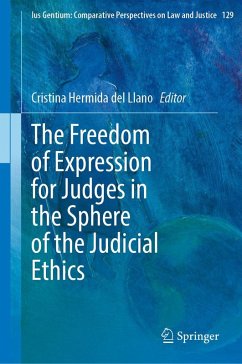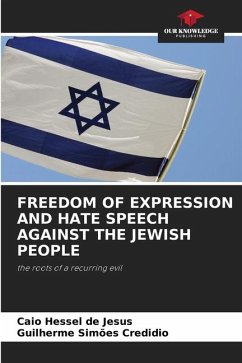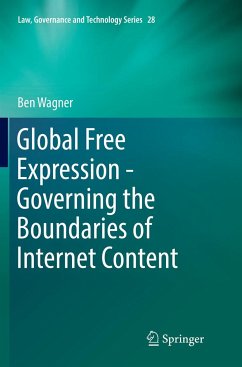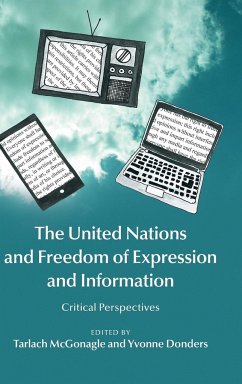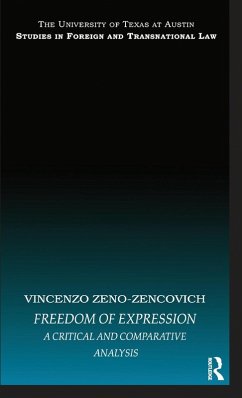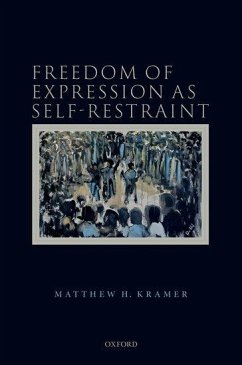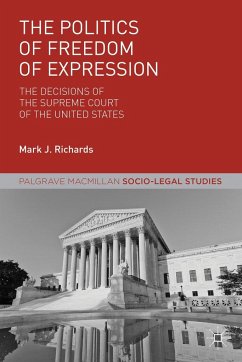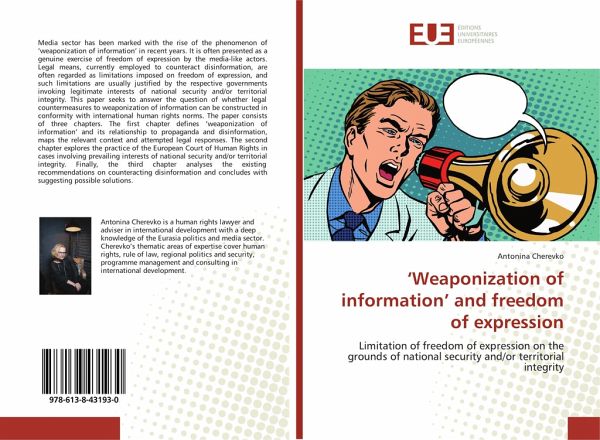
'Weaponization of information' and freedom of expression
Limitation of freedom of expression on the grounds of national security and/or territorial integrity
Versandkostenfrei!
Versandfertig in 6-10 Tagen
27,99 €
inkl. MwSt.

PAYBACK Punkte
14 °P sammeln!
Media sector has been marked with the rise of the phenomenon of 'weaponization of information' in recent years. It is often presented as a genuine exercise of freedom of expression by the media-like actors. Legal means, currently employed to counteract disinformation, are often regarded as limitations imposed on freedom of expression, and such limitations are usually justified by the respective governments invoking legitimate interests of national security and/or territorial integrity. This paper seeks to answer the question of whether legal countermeasures to weaponization of information can ...
Media sector has been marked with the rise of the phenomenon of 'weaponization of information' in recent years. It is often presented as a genuine exercise of freedom of expression by the media-like actors. Legal means, currently employed to counteract disinformation, are often regarded as limitations imposed on freedom of expression, and such limitations are usually justified by the respective governments invoking legitimate interests of national security and/or territorial integrity. This paper seeks to answer the question of whether legal countermeasures to weaponization of information can be constructed in conformity with international human rights norms. The paper consists of three chapters. The first chapter defines 'weaponization of information' and its relationship to propaganda and disinformation, maps the relevant context and attempted legal responses. The second chapter explores the practice of the European Court of Human Rights in cases involving prevailing interests of national security and/or territorial integrity. Finally, the third chapter analyses the existing recommendations on counteracting disinformation and concludes with suggesting possible solutions.



